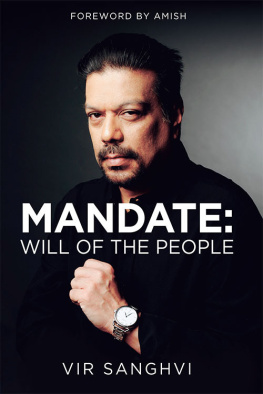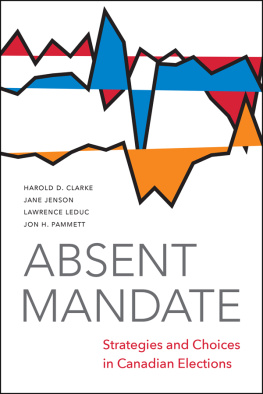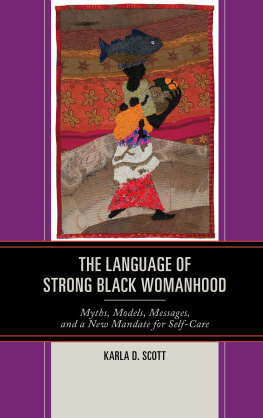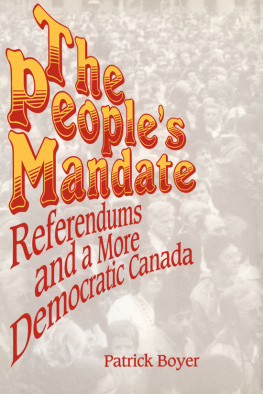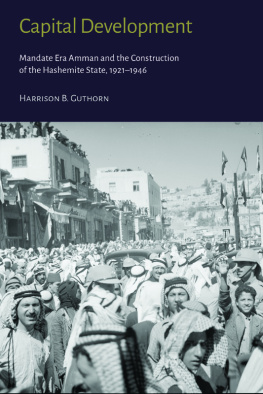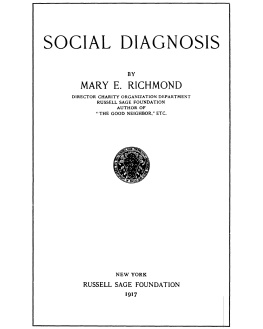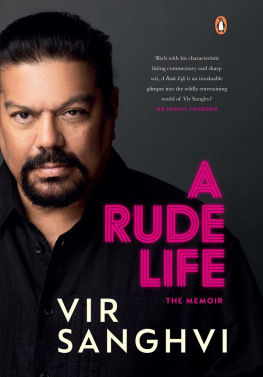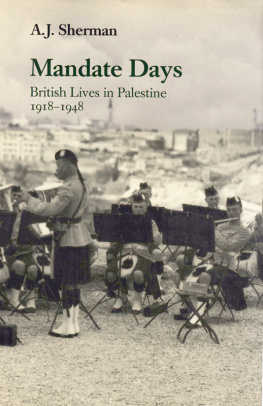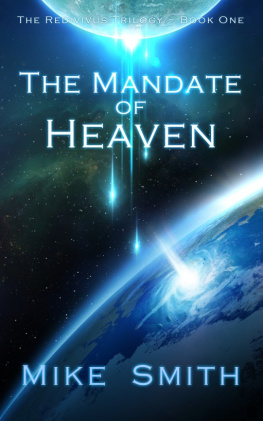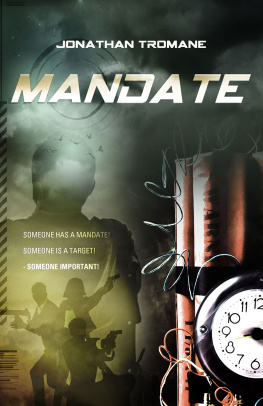westland ltd
Mandate: Will of the People
Vir Sanghvi is probably the best-known Indian journalist of his generation. He became editor of Bombay magazine at 22, making him the youngest editor in the history of Indian journalism. He went on to edit Imprint and Sunday , then Indias largest-selling weekly newsmagazine. From 1999 to 2004, he was Editor of the Hindustan Times before being promoted to Editorial Director, a post he held till 2007, after which he continued at the paper as a columnist and advisor.
His television career has included several award-winning shows on the Star TV Network, NDTV and other channels. Most recently, he anchored two highly-regarded political series on NewsX, a channel he helped found.
He has a parallel career as Indias leading food and travel writer and TV presenter. His many books include the best-selling Men of Steel, Rude Food (which won the Cointreau prize for Best Food Literature book in the world) and Madhavrao Scindia, A Life.
Mandate :
Will of the People
Vir Sanghvi
westland ltd
61, Silverline Building, Alapakkam Main Road, Maduravoyal, Chennai 600 095
93, 1st Floor, Sham Lal Road, Daryaganj, New Delhi 110 002
First published by westland ltd 2015
First e-book edition: 2015
Copyright Vir Sanghvi 2015
All rights reserved
ISBN:978-93-84030-39-1
Typeset in: PrePSol Enterprises Pvt. Ltd.
This book is sold subject to the condition that it shall not by way of trade or otherwise, be lent, resold, hired out, circulated, and no reproduction in any form, in whole or in part (except for brief quotations in critical articles or reviews) may be made without written permission of the publishers.
Contents
Acknowledgements
T his book was my wife, Seema Goswamis idea. Kartikeya Sharma of NewsX and I were discussing what kind of historical show to do when Seema had the idea of pegging it on the elections that had shaped India. Throughout the shoots, she travelled everywhere with me, finalized the scripts and helped with the edits. When the show turned into a book she was as involved. To her, I owe a huge debt of gratitude.
None of this would have been possible without Kartikeya Sharma, the rarest of news channel bosses. He was willing to invest in the months of research and travel required to collect all this information and yet, when we made the show, he never, ever interfered.
Many people at NewsX contributed to the enterprise. My core term was producer Ritika Srivastava and director of photography, Nishant Chandra. But many other played crucial roles. Bharat Raj, Pankaj Sharma and Saurav Saddi, who managed to persuade many people, who had remained silent for so long, to open up.
No one person could have compiled all the details required to piece events together. Fortunately I had two excellent researchers: Nitisha Tripathi and Divya Sethi.
Also at NewsX, Priya Sahgal, the channels top political brain, helped enormously with advice.
My best critic has always been my son Raaj who watched every show and made penetrating criticisms. Many many thanks to him for helping his old man!
The only publisher I approached when the book was more or less ready, was Sudha Sadhanand of Westland who I have known since the early 1990s when we both did shows on the now defunct TVI. I called Sudha because I admired her political understanding and knew how important it is, for a book of this nature, to deal with an editor you respect. Also at Westland, thanks are due to Rahul Tanwar for the cover design.
And finally a huge thank you to Amish Tripathi. We knew each other only slightly and when Sudha suggested sending him a copy of the manuscript, I wondered why a bestselling author like him would waste his time on a little political book. I was not entirely wrong. He initially told Westlands CEO, Gautam Padmanabhan that he had no interest in writing forewords for books of this nature. To my delight he relented after he had read the manuscript and sent us a wonderful foreword without my ever having to call. Thanks Amish. You are a class act!
Vir Sanghvi
Foreword
T he ancients believed that the perspective one has on time and phenomena is related to ones life-form. If you are a housefly (which lives for 15 to 30 days) and you are born during the Indian monsoon season, you would conclude that India is the land of unceasing rain. But if youre born a human being (which I suspect is the case), you would know better. Passage of time lends perspective to ones observations; perspective then leads to wisdom. And remember this: as the housefly is to a human being, a human being is to a nation.
A few years is a long period of time for a human being. But for a nation, it is nothing. To understand the real impact of changes in the national state of mind, one has to wait for at least a few decades. Having said that, I must confess it is entertaining to read the daily analysis (and predictions) of politics based on mercurial mood-swings of the people. With the advent of social media, it has now moved on from daily to minute-by-minute analysis.
If so inclined, I would recommend you go back and read articles from a few years or even a few months back; youd be amazed by how off-target most observations and predictions were. I am not taking away the efforts exerted by analysts and journalists, though some of them undoubtedly can teach Don Quixote a thing or two about tilting at windmills. The problem is the absence of perspective, and the ability to extend into the past in order to make an extrapolation into the future; only time can offer this vision.
Herein lies the beauty of Virs book. He gives one a sweeping vision of the mandates that the Indian people have blessed their politicians with over a fifty-year period. The benefit of time allows us to truly judge the impact of each election, going all the way back to the big one of 1971. The impact of some of these mandates is felt even today.
Since Vir has been in the thick of things for large parts of this period, and he certainly is one of the most perceptive thinkers of his generation, he has been able to bring out the key incidents in a succinct and easy-to-read manner. I completed this book in less than a couple of hours on a languid afternoon. I am old enough to have lived through much of what is written here. Other details and events, like the elections of 1971, were interesting to discover. The benefit of reading this compilation in just the right amount of detail is that it helps one gain some perspective on long-term progressive trends in the life of our nation.
So what did I learn? The mandates have reflected the will of the Indian people across various parameters: economic, social, religious et al. But since I am restricted by space (this is only a foreword; mores the pity!) I will dwell upon what I learnt on just one parameter: economic.
Firstly, with the benefit of hindsight, it is evident now that the hard, Left turn of the late 60s and early 70s was an economically unfortunate decision of the nation (remember, we voted for it!). Perhaps we were seduced by the fact that life was better in the 1950s when compared to the British Raj.
However, since the British Raj was economically one of the worst periods in Indian history since the dawn of time (we had near zero economic growth for more than a century), anything would have appeared better. And perhaps, experiencing the so-called success of planned growth and soft-socialism, the nation felt that it should double down on socialism. I spoke with my father after reading this book and he wryly recalled the tremendous hope that his generation had had from the 1971 election. They really believed that garibi would be hataoed . Of course, nothing of the sort transpired.


